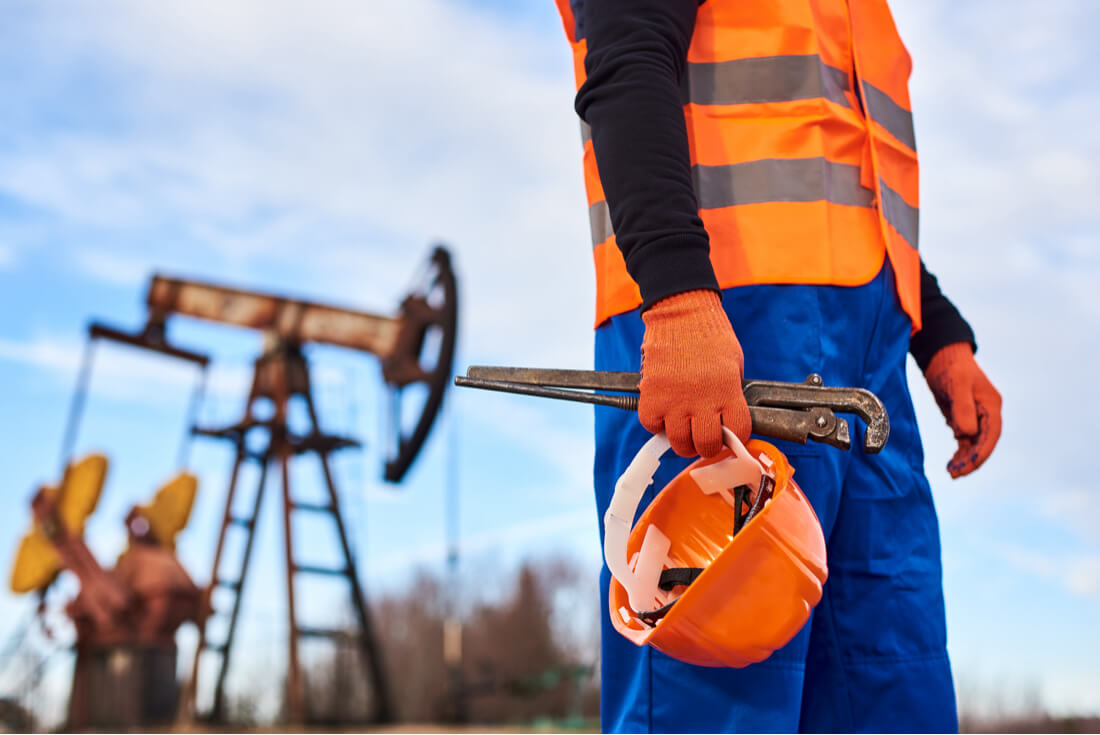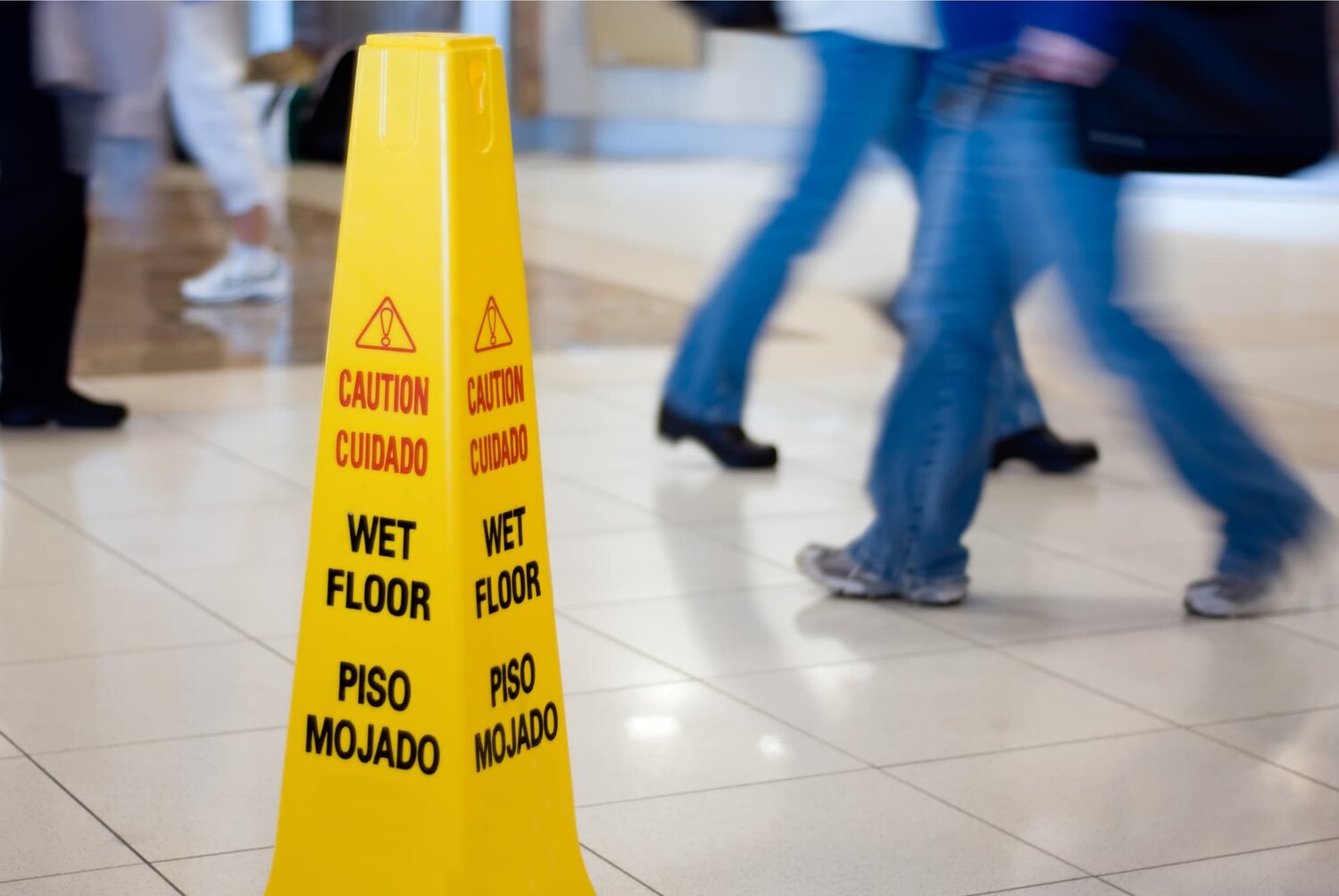
Texas Oil and Gas Industry Safety Regulations: What Every Worker Should Know
The oil and gas industry is one of the most important and largest industries in Texas. With its growth and expansion, workers need to know and understand the safety regulations to minimize the risk of oilfield accidents.
In this blog, we’ll explore some of the essential safety regulations that every Texas oil and gas industry worker should know to ensure their safety, and why it’s important to have the best oilfield accident lawyers in case of an accident.
Occupational Safety and Health Administration (OSHA) Regulations
The Occupational Safety and Health Administration (OSHA) sets regulations and guidelines for workplace safety in the United States, including the oil and gas industry. Workers should be familiar with OSHA regulations, including guidelines for hazard communication, fall protection, respiratory protection, and more. By following these guidelines, workers can minimize the risk of accidents and injuries.
Texas Railroad Commission Regulations
The Texas Railroad Commission (TRC) regulates the oil and gas industry in Texas. The TRC sets regulations and guidelines for drilling, production, and transportation. Workers should be familiar with TRC regulations, including guidelines for well construction, well plugging, and surface use. Understanding TRC regulations can help workers identify potential hazards and prevent accidents from occurring.
Emergency Response Planning
Emergency response planning is critical for the oil and gas industry. Workers must be prepared to respond quickly and effectively in an accident or emergency. Emergency response plans should include procedures for reporting accidents, evacuating the site, and providing first aid. Workers should receive regular training on emergency response procedures and be familiar with their worksite’s emergency response plan.
Importance of Hiring the Best Oilfield Accident Lawyers
Even with the best safety regulations and emergency response plans in place, accidents can still occur in the oil and gas industry. If you or a loved one has been injured in an oilfield accident, hiring the best oilfield accident lawyers in Texas is essential to ensure your rights are protected. An experienced attorney can investigate the accident, identify liable parties, and work to ensure you receive fair compensation for your injuries and damages.
Conclusion
In conclusion, every Texas oil and gas industry worker should be familiar with the safety regulations and guidelines set by OSHA and the TRC. Workers should also be trained in emergency response procedures to ensure they can respond quickly and effectively in the event of an accident or emergency.
Post a Comment
You must be logged in to post a comment.



